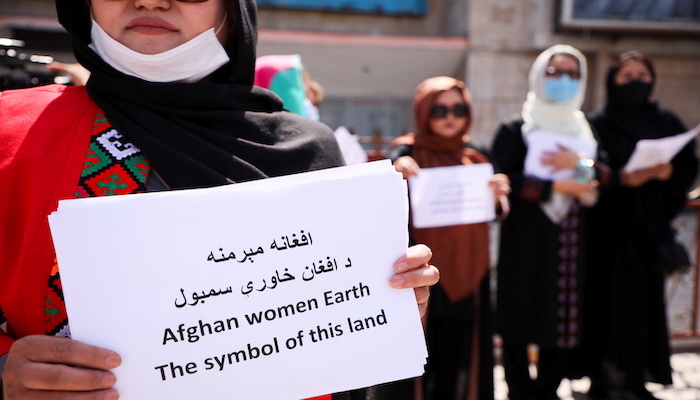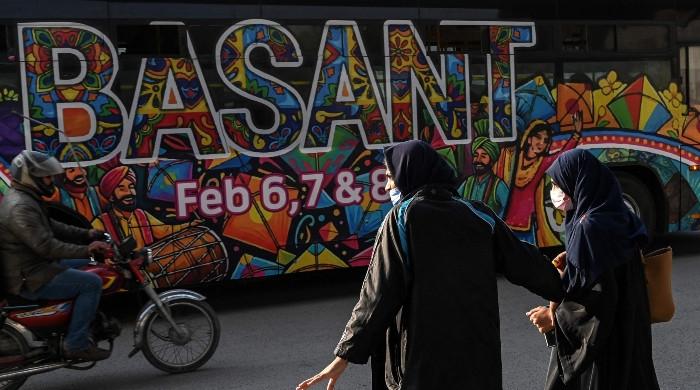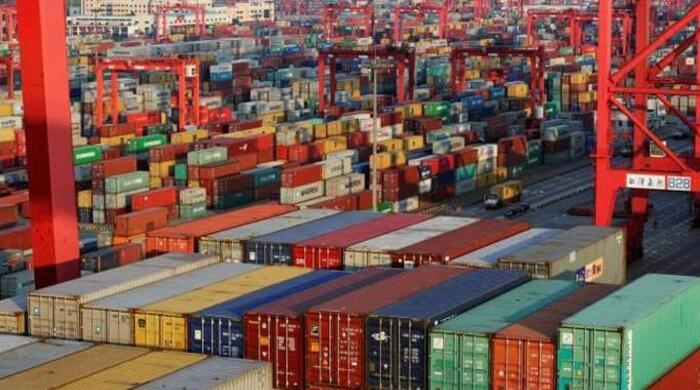Lament and hope for the women in Afghanistan
Taliban have promised no vengeance will be taken, however, they are apparently already tightening the screws on women’s rights
September 09, 2021

As a Muslim woman, witnessing the collapse of Afghanistan has been deeply painful to me.
I know very well that if I did not have the good fortune to live where I do, I could be among the multitudes who need to flee. I know that as an outspoken solicitor that I would be a particular target. Yes, the Taliban have promised that no vengeance will be taken, however, they are apparently already tightening the screws on women’s rights.
It was never a perfect situation for Afghani women, but progress was being made. In the blink of an eye, this has gone: the country has gone into a time warp, the clock being turned back by twenty years, if not more.
The scenes of chaos at Kabul airport, including Afghanis on foot chasing after departing American airplanes, are now relegated to the past. I suspect there will be a flood of people heading for the border with Pakistan. This will put strains on the country’s budget, military, and health care systems that it does not need, nor can it afford.
I’m reminded of a Yeats’ poem:
Things fall apart; the centre cannot hold;
Mere anarchy is loosed upon the world
And –
The best lack all conviction, while the worst
Are full of passionate intensity
Can we not say that the West, with its supposedly humanitarian intentions, have lacked conviction while the Taliban have possessed the ‘passionate intensity’?
America and Britain have shown a lack of urgency until the very last moment to rescue those who helped them. To be fair, some countries, including Canada and Spain, have fulfilled their promises.
I wonder if America and Britain realise that there is no coming back from this, at least for a generation: nothing that is said about not abandoning people to a dreadful fate will be believed. Homilies from Western leaders about liberty and the rule of law now look like a cruel joke, and those who put their faith in them must feel like fools.
It's difficult to see what can be saved from the wreckage. Perhaps what remains are dreams of what could be.
For a time, Afghanistan was ruled by a King, Zahir Shah. This was the longest period of stability in the country’s history: he reigned from 1933 until he was deposed in 1973. He was cautious but he also reformed the country.
There are photographs of women from during his time in power: they appeared to be carefree, modern, holding books. This era proves that Afghanistan is no more hopeless than anywhere else and hopes for tomorrow can be informed by what Afghanistan once was. However, it will require the Afghans to believe in and build those dreams for themselves.
I’m certain the West will come to regret what it has done. The refugees will go somewhere, and more than a few will probably make their way to Europe and North America. What will the governments do in response? How can they, in good conscience, send women back to a place where they will be oppressed and possibly killed?
There was a time when failed states could be held at arm’s length: borders could be shut and flights stopped. We no longer live in that world.
The failures in Afghanistan are more like a large rock being cast into the middle of a pond, the waves ripple outward to every corner. The costs will land just about everywhere: it will be seen in a community centre in Lambeth that must find food and shelter for a desperate mother and her children, or a traumatised individual in Auckland, New Zealand who needs professional counselling to overcome his recent past.
We will also likely hear stories about brutal crackdowns and social media will show us lurid, terrifying images. But now we can do nothing except hope that the Afghans somehow, some way, alone, find their way out of the darkness.
The author is a solicitor in England. She tweets at @shahjhan_malikk











